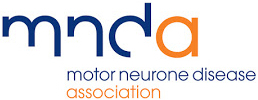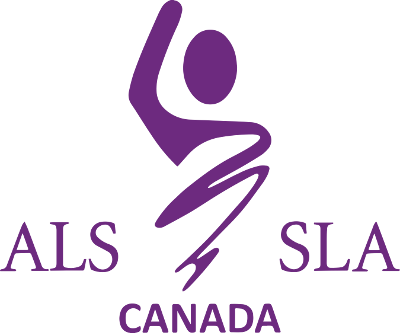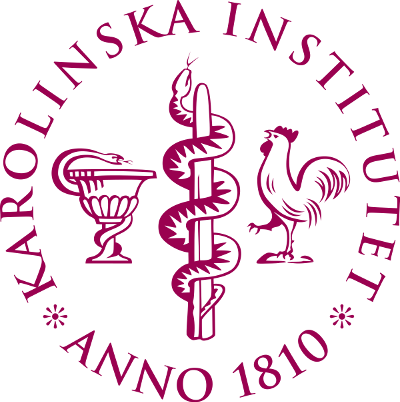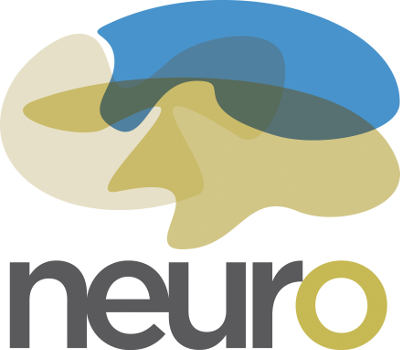Overview
ALS is a progressive neurodegenerative disease that affects nerve cells in the brain and spinal cord. Eventually, people with ALS lose the ability to initiate and control muscle movement, which leads to total paralysis and death, usually within two to five years of diagnosis. The vast majority of ALS cases are believed to be caused by a diverse combination of genetic and environmental factors. There is no cure.
Antibodies are among the most frequently used tools in basic science research and clinical assays. Researchers either purchase or generate their own antibodies to detect proteins in their model systems. In part due to lack of a common and transparent validation framework, antibodies often turn out to have high variability and low specificity. This may yield questionable results, leading to wasted time and money, and more importantly, compromising steady scientific progress to understand this challenging disease.
In response, ALS-RAP was formed to ensure the availability of the highest quality, validated antibodies developed using standard operating procedures that will be openly shared with the ALS research community. Notably, no form of intellectual property protection or patents will be filed for all new reproducible antibodies fully discovered and developed by ALS-RAP. This collaborative effort, based on open science and complete freedom to operate, will ensure the use of the highest-quality tools to increase the success of future drug discovery.







